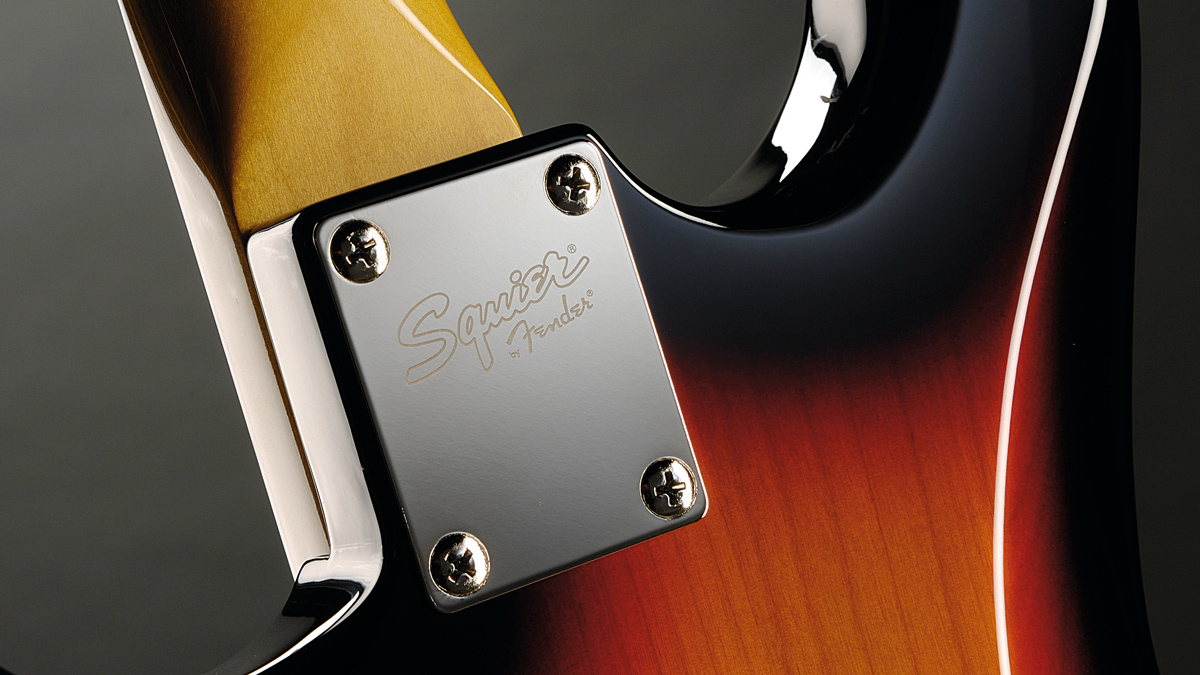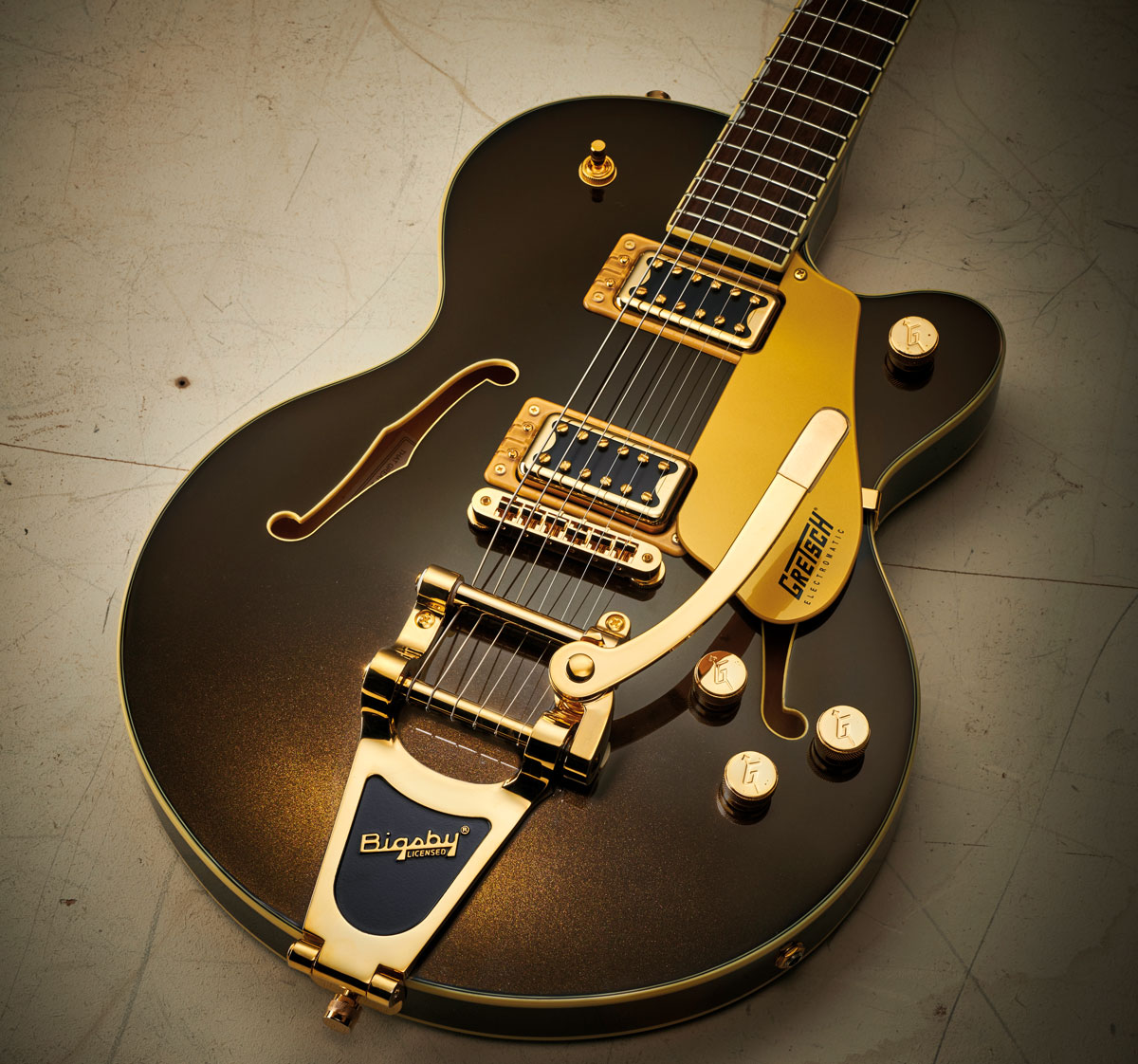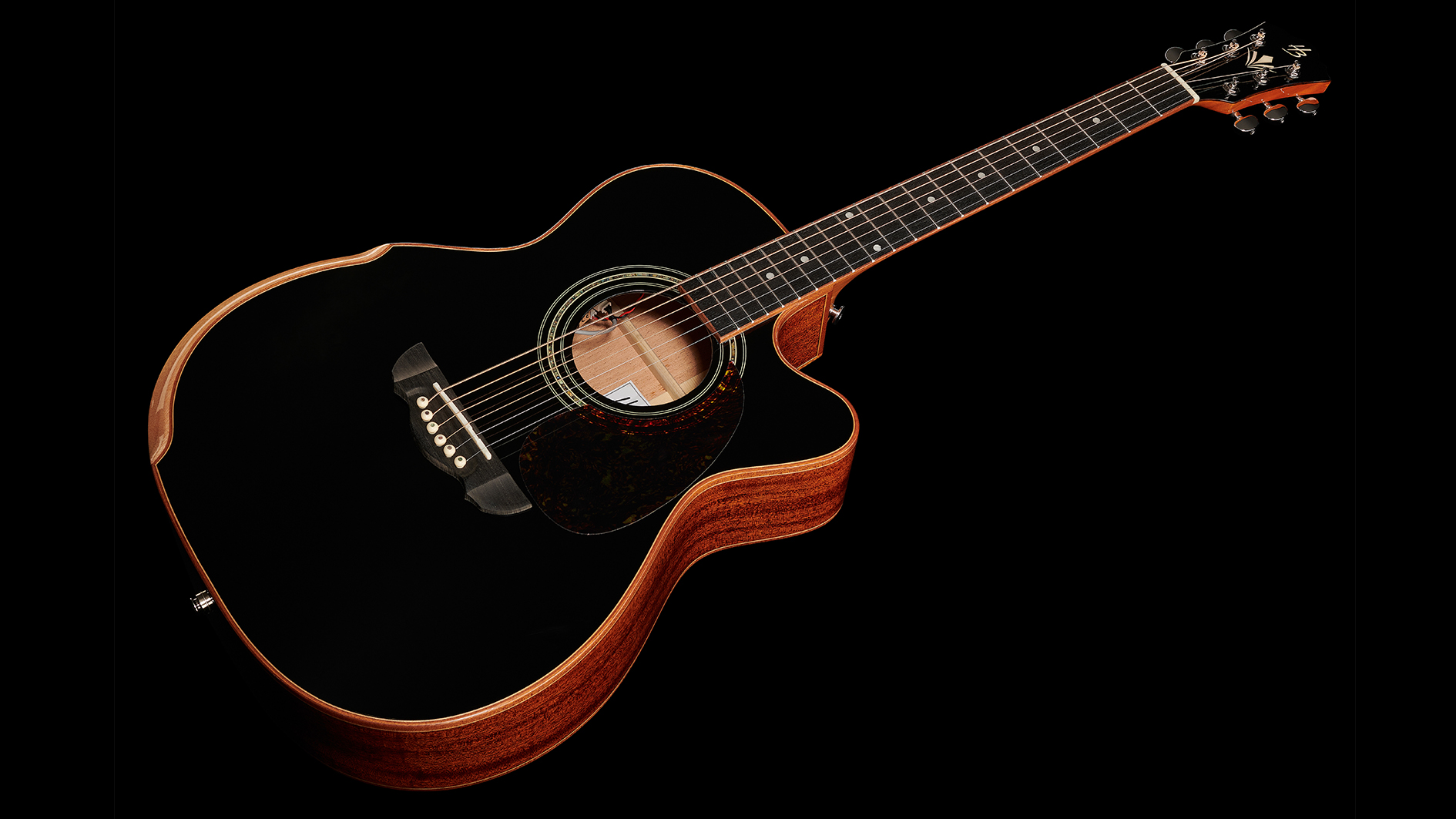How are cheap guitars priced so low?
We take a look at the typical retail chain for affordable guitars, from the factory to your front door

The majority of more affordable instruments are made overseas, primarily in Asia. Back in the day it was Japan who led the way for affordable production guitars, but as their economy developed and their workforce rightly expected wage rises brands started to look further afield: South Korea, Taiwan, China, Indonesia, Vietnam, India, the Philippines.
This migration is always about money – the cost of building an instrument so it remains competitive in its destination market. Fender, like Martin and Taylor, has long produced guitars in Mexico for its lower-end ranges; it’s their ‘overseas’.
But it’s not just the cost of the raw materials, parts and labour time that account for what you actually pay. Far from it. In a conventional retail chain, the brand buys the guitar from the factory then sells it on to the distributor, both of which need to make a profit.
- Get shredding on a budget with the best cheap electric guitars under $500
- Here are the best budget guitar amps under $500
- Explore the best acoustic guitars under $500
That instrument has to be shipped across the world; there are taxes to pay. The distributor then has to sell the guitar to a retailer: another profit margin to consider. There’s VAT. Then there might be the retailer’s delivery costs, not to mention in-store QC and setup to consider.
This, of course, is the same with a guitar at any price that goes through a retail chain, but it illustrates that the actual parts and build cost is a relatively small part of the final price of the guitar.
Every penny spent in producing the guitar is crucial - even a slight increase in original cost will be magnified.

This chain is no different from any other product you might buy, from your smartphone to your TV, but when you’re playing a perfectly good guitar that you’ve just paid £500 for it can make you wonder how on earth it can be done for that price.
All the latest guitar news, interviews, lessons, reviews, deals and more, direct to your inbox!
Not every brand, however, operates this convoluted retail chain. More and more brands distribute their own products worldwide or sell direct to the dealer, which can reduce the final retail price or mean that the brand can potentially make more profit from each sale.
Many large outlets commission their own ranges from an Asian factory. Thomann is a good example of this with its Harley Benton range. There are plenty more and we’d wager we’re seeing the future right before our eyes.
We often wrongly assume that country of origin is an indicator of the origin of parts, or an indicator of quality
Many of us will question the actual cost of all this affordability. Are there any environmental considerations in terms of the raw materials used? Are we comfortable with the apparent low wages of the diligent people who make these guitars for us? What about the carbon footprint? I think we’ll light that touch paper and gracefully retire.
But will such considerations be a part of our buying future? Many believe they certainly should be. The problem for many of us who consider such environmental and social issues is that few manufacturers are as transparent as they could be when it comes to what materials are actually used, let alone where exactly their instruments are made. This is especially relevant in the lower end of the market.
As consumers, we surely deserve the right to be informed about the sources of raw materials used and the environment in which these products are made, don’t we? Clearly not.

Some companies proudly display ‘Made in the USA’ even though their products do not conform with the guidelines set down by the Federal Trade Commission. But unless someone wants to go to the trouble and expense of legally challenging that statement of origin, they can continue with that labelling.
I’ve personally had some laughable conversations with similar trade bodies in the UK. Most recently I was told that I could buy a kit of parts from China, screw and solder them together on my kitchen table and then call my guitar ‘Made in the UK’. Go figure.
We often wrongly assume that country of origin is somehow an indicator of the origin of parts, for example, and in some cases an indicator of quality. Clearly, it isn’t. A product might be put together in a location but of parts from all over the world.
Most recently I was told that I could buy a kit of parts from China, screw and solder them together on my kitchen table and then call my guitar ‘Made in the UK’
‘Made in America using parts from all around the world’ isn’t quite the same succinct marketing message, is it? But do we care? Should we care? So long as the demand for ‘affordable’ musical instruments remains, little will change. The ethical approach to manufacturing seems to come with the sort of price tag that will have some readers complaining that the gear we write about is always ‘too expensive’.
Musicians have already waived their income by the offers of exposure from streaming services. Many brands see their entry-level instruments as a gateway to their more expensive offerings, leaving next to nothing for the distributor or retailer to earn money from and precious little product for the factory.
The trouble is, if price point is your main selling point, what happens when a competing company – or retailer – offers what is the same product at a lower price? A race to the bottom.

Dave Burrluck is one of the world’s most experienced guitar journalists, who started writing back in the '80s for International Musician and Recording World, co-founded The Guitar Magazine and has been the Gear Reviews Editor of Guitarist magazine for the past two decades. Along the way, Dave has been the sole author of The PRS Guitar Book and The Player's Guide to Guitar Maintenance as well as contributing to numerous other books on the electric guitar. Dave is an active gigging and recording musician and still finds time to make, repair and mod guitars, not least for Guitarist’s The Mod Squad.
